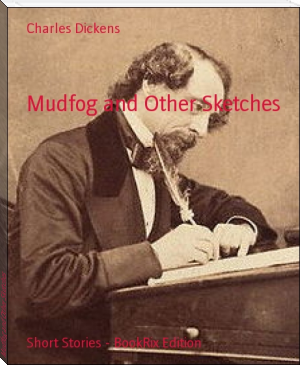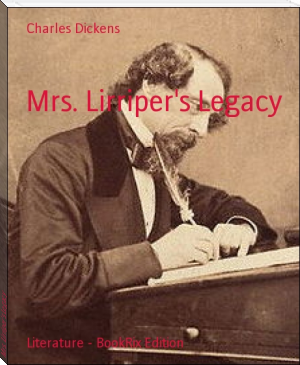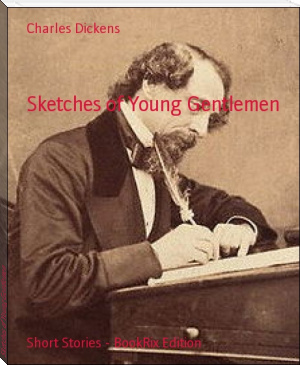author - "Charles Dickens"

Description Charles Dickens wrote A Christmas Carol in 1843 and the first edition, published on 19th December, was so successful that it sold out in just six days. The publishers had to produce two further editions between Christmas and the new year to meet the demand, and the novella has never been out of print. A Christmas Carol tells the story of a greedy money-lender, Ebeneezer Scrooge, who is first visited by the ghost of his former business partner and then by three spirits—the Ghost of

Description Bleak House, completed by Dickens in 1853, tells several interlocking story-lines and features a host of colorful characters. Though very difficult to summarise, the novel centers around the decades-long legal case of Jarndyce and Jarndyce, involving the fair distribution of assets of a valuable estate. The case is mired in the legal quagmire of the Court of Chancery, whose byzantine and sluggish workings Dickens spares no effort to expose and condemn. Dickens also exposes the

Description Charles Dickens wrote A Christmas Carol in 1843 and the first edition, published on 19th December, was so successful that it sold out in just six days. The publishers had to produce two further editions between Christmas and the new year to meet the demand, and the novella has never been out of print. A Christmas Carol tells the story of a greedy money-lender, Ebeneezer Scrooge, who is first visited by the ghost of his former business partner and then by three spirits—the Ghost of

Description Bleak House, completed by Dickens in 1853, tells several interlocking story-lines and features a host of colorful characters. Though very difficult to summarise, the novel centers around the decades-long legal case of Jarndyce and Jarndyce, involving the fair distribution of assets of a valuable estate. The case is mired in the legal quagmire of the Court of Chancery, whose byzantine and sluggish workings Dickens spares no effort to expose and condemn. Dickens also exposes the







